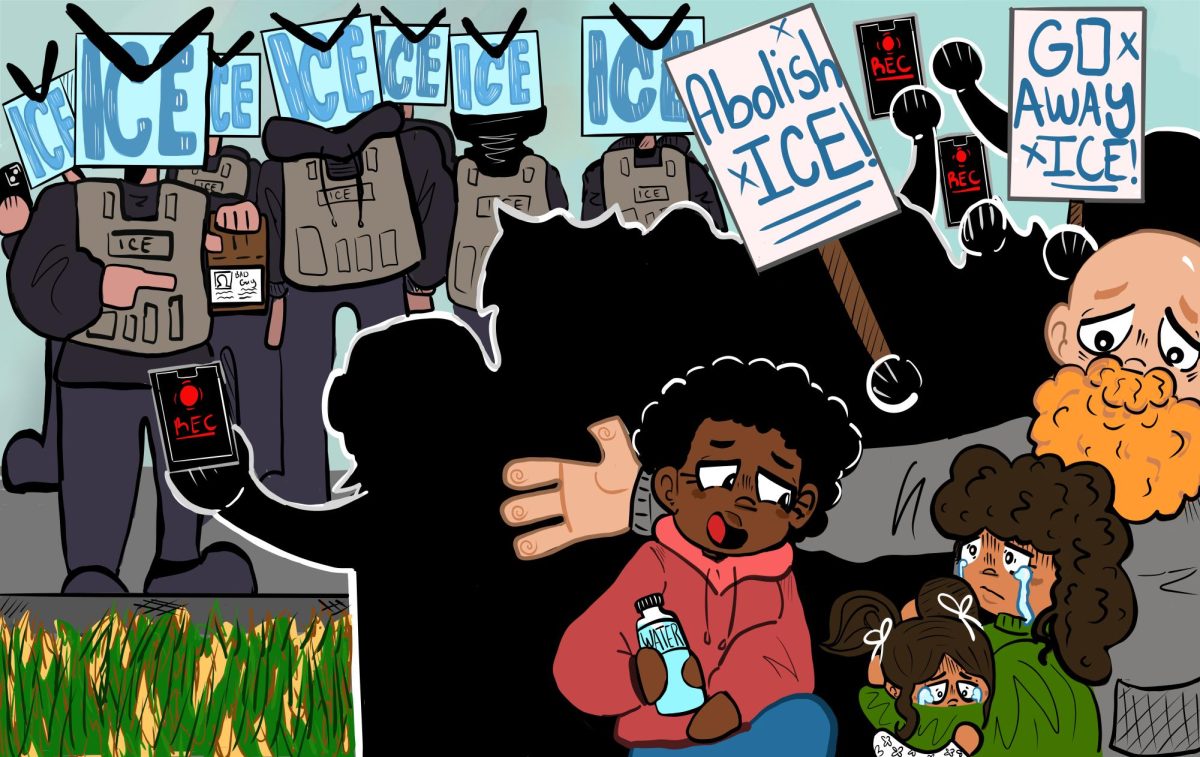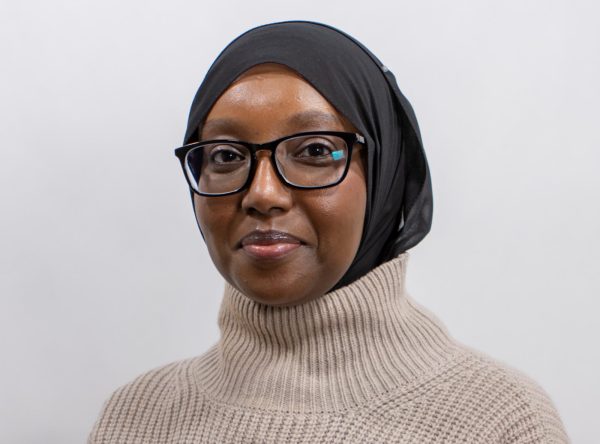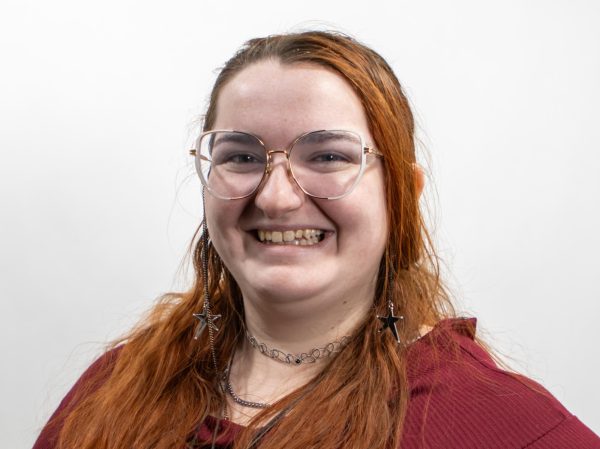AI is becoming more widespread and colleges are finding ways to use it ethically in coursework.
People use different types of AI daily and may not even realize it. Enhanced learning is used in everything from purchase suggestions to location maps such as Siri, Alexa, search engines and even Uber ride prices and routes.
TCC’s AI Taskforce has named the initial winners of the AI Innovation Award, which recognizes exceptional, ethical and inventive
use of artificial intelligence (AI).
This award is intended to promote the integration of AI across different areas, support innovative applications that improve student outcomes, increase program efficiency and advance thought leadership.
The winners are Katsuhiko Oda, associate professor of Geographic Information Systems (GIS), Cindy Allen, assistant professor
of English and Kaylin Ortiz, assistant director of Educational Partnerships.
Oda explained the integration of AI-enhanced tools in their GIS program to teach the latest geospatial technologies.
“So nowadays, GIS software introduces more AI-enhanced tools,” Oda said. “Especially the deep learning modules for interpreting the satellite imagery and the area photographs for the more efficient and accurate GIS, task specialist, image interpretation.”
In his 2024 vast-based analysis class focused on learning skill concepts for learning image interpretation since GIS professionals
have begun using AI-enhanced deep learning tools, he also incorporated it into his class lesson.
“Students learned the concept of geospatial, geo AI,” Oda said. “It’s the deep learning modules incorporated into GIS. Then they
launched the techniques for detecting the specific type of objects on the earth.”
Students learned techniques for detecting specific types of objects on the Earth. They performed the analysis for detecting wind turbines using the deep learning Python module. One student also tried detecting vehicles in the parking lot using satellite imagery and deep learning-enhanced tools. The students learned how to use the pre-trained model and during the course, how to retrain it.
“I learned how to train the model by myself, but I hope I’ll incorporate that topic and skills into my master-based analysis course,” he said. “Then I’ll share my teaching material with other adjuncts.”
Brendan Nunez, a GIS program student, is in his final semester and took Oda’s class in the past.
“It focuses on the core concepts and mapping or GIS software,” Nunez said. “Particularly with Esri’s software. They’re kind of
the powerhouse of the industry in regard to software.”
Nunez explained how he used AI-enhanced learning in class, mainly on images and mapping objects.
The main difference is that with standard AI tools like Chat GPT, you ask it to do something already known, whereas with GIS,
you train it.
“Once it’s taught it has a learning process, and it begins to understand what you’re asking of it,” Nunez said.
Staff member Kaylin Ortiz won an award for her presentation on AI to her coworkers. She said this showed how easy and
important it is to incorporate AI in the workplace.
“In my job, you know, I do a lot of emails. I’m creating timelines for things, creating event schedules,” Ortiz said. “And so,
AI really helps me to do the things like, obviously, I can do, but it can do them quicker.”
Ortiz said AI is here to stay, and we must learn how to use it. She wanted to get people interested and to start using it.
In his book “Co-Intelligence: Living and Working with AI”, Ethan Mollick, a professor of management at Wharton, said we need to start working together with AI.
“In field after field, we are finding that a human working with an AI co-intelligence outperforms all but the best humans working
without an AI,” he said.
Ortiz and other TCC employees were part of a book club that spent a month reading and meeting to discuss Mollicks book.

























